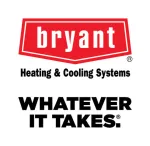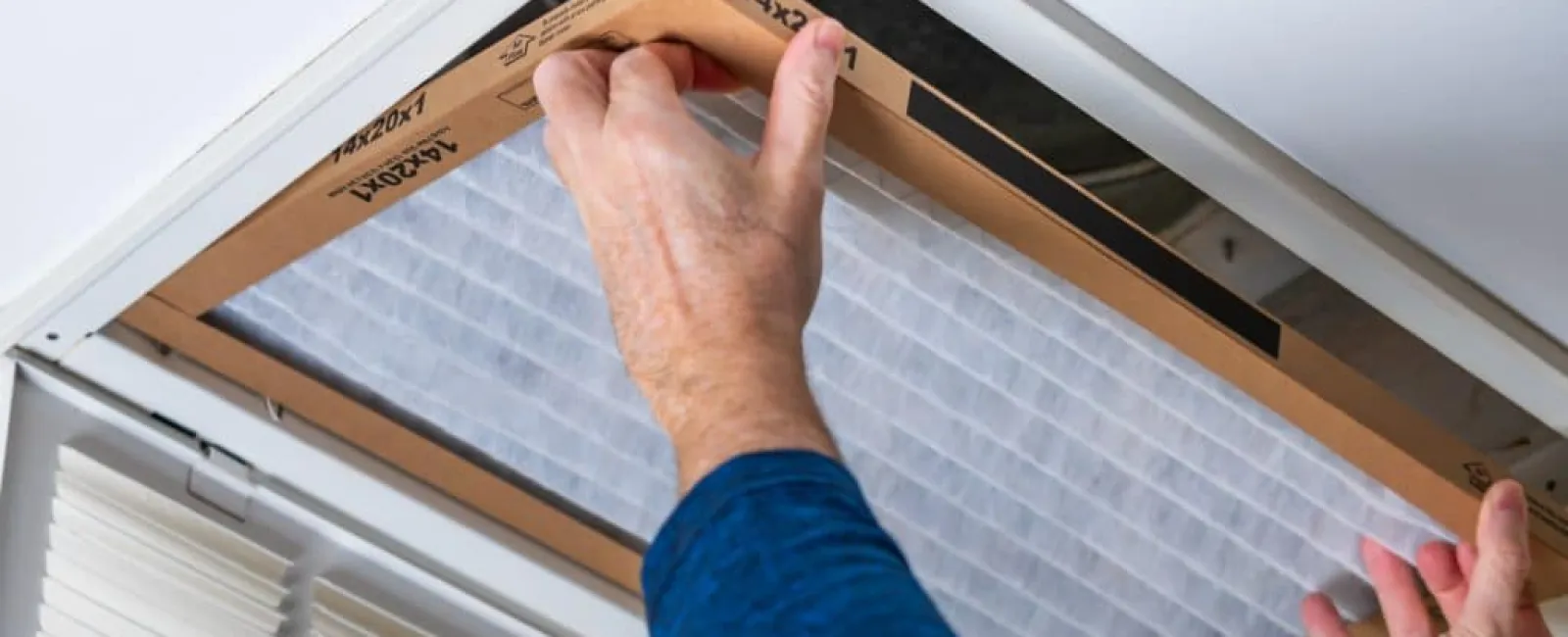Why is Replacing Your Air Filter Important?
Changing your air filter is crucial for maintaining a healthy HVAC system and ensuring good indoor air quality. The general guideline is to replace your air filter every 3 months or 90 days. However, various factors can influence this timeline.
What is an Air Filter & How Does it Work?
Air filters are commonly made from spun fiberglass or pleated paper and framed with cardboard for stability. They are placed within the return air duct of your HVAC system to prevent contaminants from entering the system and circulating within your home. Air filters block dust, dirt, pet hair, lint, mold, and bacteria. They have a MERV (Minimum Efficiency Reporting Value) rating that indicates the size and type of pollutants the filter can trap.
What is a MERV Rating?
A MERV rating measures how effectively an air filter stops dust and other contaminants from passing through it and into the air stream. Higher MERV ratings mean the filter can trap smaller particles more effectively. However, using a filter with a MERV rating higher than what your HVAC system is designed for can reduce the system's efficiency and strain its components.
How Often Should You Change Your Air Filter?
Most air filter manufacturers and HVAC professionals recommend changing your air filter every 90 days. However, this can vary based on several factors:
- Location: Homes in dusty or dry climates may need more frequent changes.
- Pets: If you have pets, consider changing the filter every 60 days or every 20-45 days if you have multiple pets or people with allergies.
- System Usage: Homes that are frequently used will need more regular filter changes. Vacation homes can often wait 9-12 months between changes.
Consequences of Not Replacing Your Air Filter
Failing to replace your air filter can lead to several issues:
- Reduced Efficiency: Dust and dirt can clog the filter, restrict airflow, and make your HVAC system work harder, reducing efficiency.
- System Damage: Dust can accumulate on the components of your HVAC system, leading to wear and potential breakdowns.
- Poor Air Quality: Without a clean filter, contaminants can circulate within your home, affecting indoor air quality.
Types of Air Filters
Air filters are not one-size-fits-all. Here are some common types:
- Standard Filters: Typically MERV 8-11, these filters block larger particles like dust and hair.
- HEPA Filters: High-Efficiency Particulate Air (HEPA) filters have a finer mesh and are rated MERV 17-20, capable of trapping small particles like allergens and mold spores.
Choosing the Right Air Filter
When selecting a new air filter, consider the following:
- Size: Check your current filter or equipment manual for the correct size.
- Filtration Level: Pleated filters generally offer better filtration than non-pleated ones due to their larger surface area.
Call the Professionals
If you need assistance selecting or replacing your air filter, contact The Air Company of Georgia. Our experts can help you choose the right filter and ensure your HVAC system runs efficiently. Schedule an appointment online or call us at (404) 583-7788.




